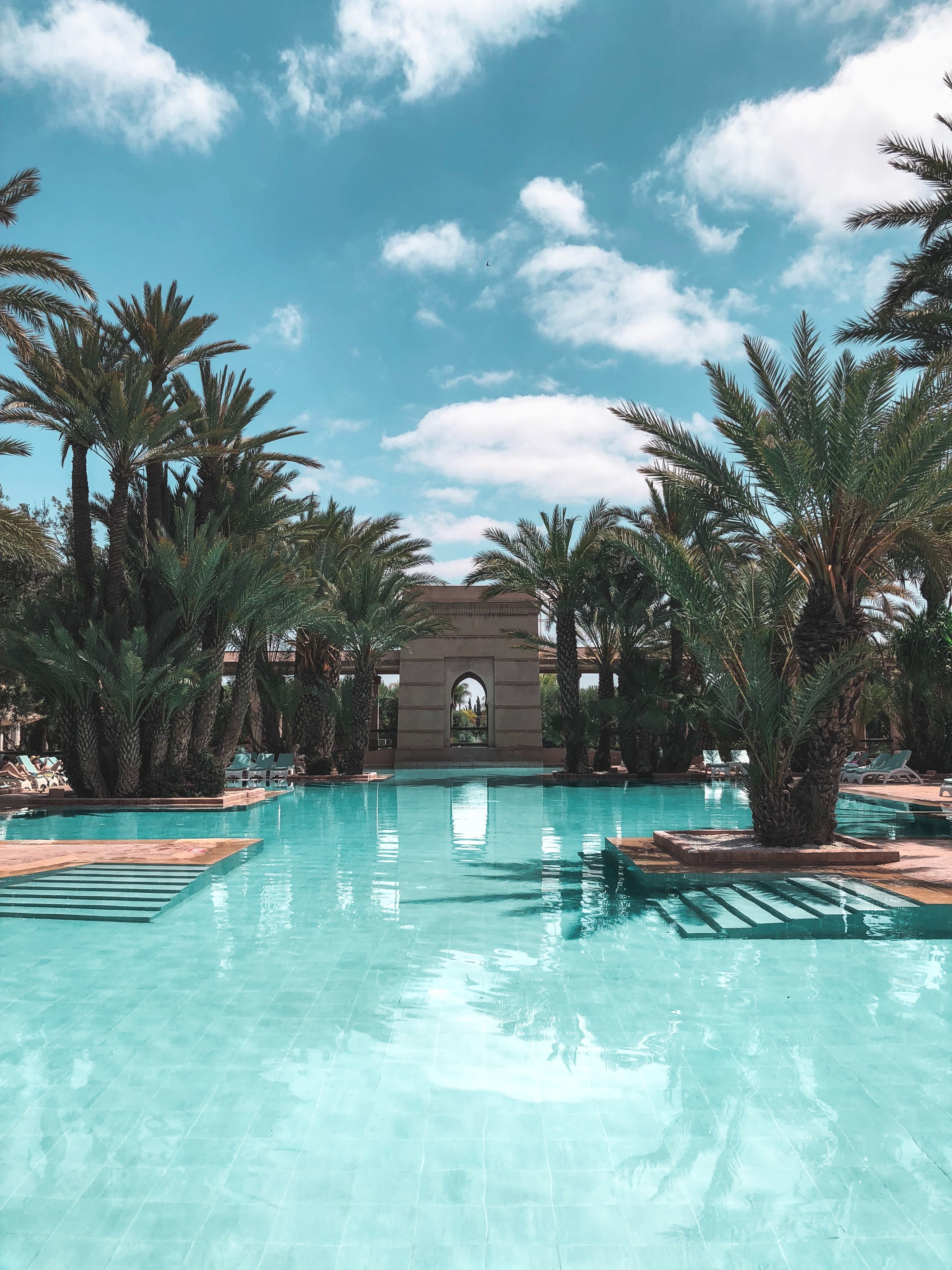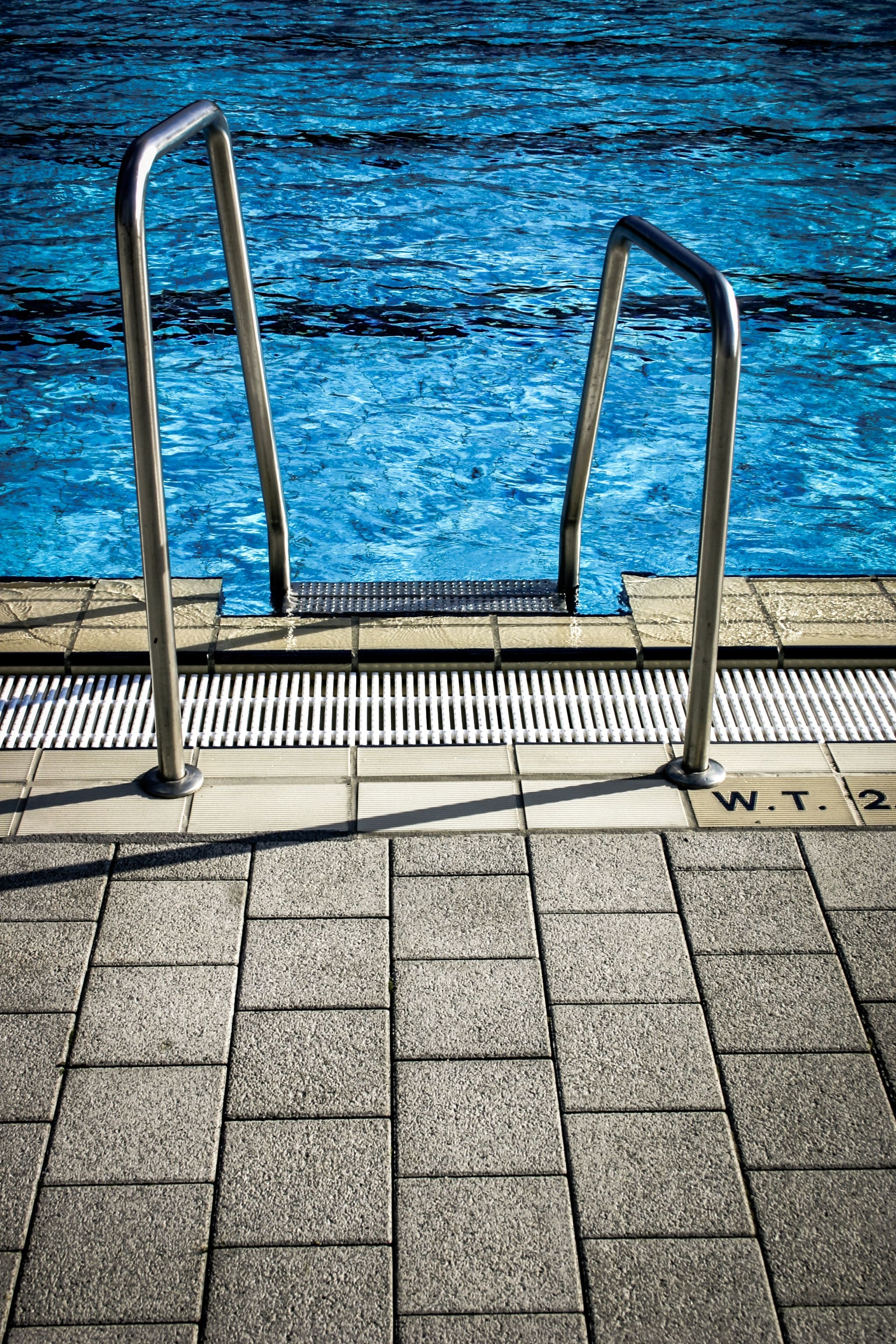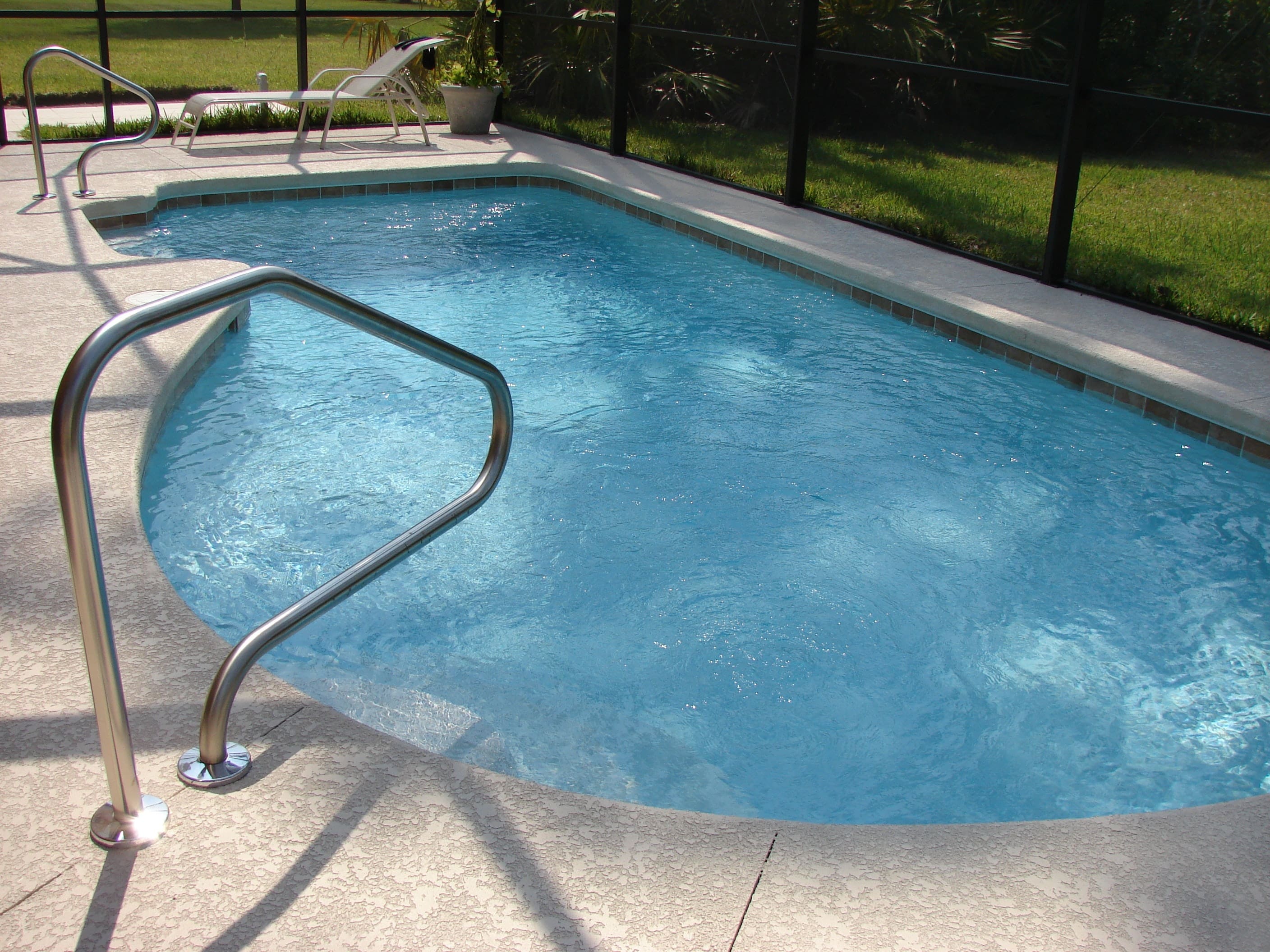All pools require some amount of maintenance, whether you have a salt water system or not. Though saltwater pools require significantly less maintenance than traditionally-chlorinated pools, you do have to properly maintain the pool in order to ensure that it’s safe for swimming. Proper care will also lengthen the life of your pool equipment and reduce repair and maintenance costs over time. By proactively conducting proper maintenance regularly, you’ll have a safe pool that will last for years to come.
So, here’s how to ensure your saltwater pool is properly maintained for safe swimming this season.
Maintain Equipment
Just as with traditionally-chlorinated pools, the equipment for your saltwater pool requires regular cleaning and maintenance to keep everything functioning at peak levels. The actual equipment will vary depending on your specific pool setup, but for most pools, here are the things that need to be checked regularly:

Skimmer and Pump Baskets – Check the skimmer and pump baskets often and clean out as necessary. If the baskets get too packed with debris, they can lower the efficacy of the filter, which will force it to work much harder than necessary.
Filter – Filters need to be cleaned regularly, but exactly how often depends on several factors, including the size of the filter, the size of the pool and how much debris the filter has to remove from the water. Keeping an eye on the pressure gauge will give you a good idea of when to clean the filter. A high pressure on the gauge is a good indicator that it’s time to clean the filter.

Low water levels, cloudy water, or the presence of algae can all be signs that your pool equipment isn’t operating at peak performance. Any time you notice one of these indicators, you should immediately troubleshoot the problem to avoid causing damage to your pool or equipment. If you can’t figure out the issue on your own, it may be time to call in an expert to get your equipment back in good working order.
Inspect Salt Cell
With saltwater pools, the salt cell is where the salt is converted to chlorine, which is what kills the bacteria in the pool and makes it safe for swimming. Some newer pools have self-cleaning salt cells components, which automatically removes any mineral buildup on the salt cell, and keeps it operating at peak condition. However, if your salt cell equipment isn’t self-cleaning, or you’re experiencing low chlorine levels, you’ll need to inspect the salt cell to determine if it needs cleaning. Regularly inspecting the salt cell is vital to the operation of your saltwater pool, so don’t skimp on this important step.
Test Water Chemistry
Though the salt cell manages the chlorination of saltwater pools, it’s still important to regularly test and properly manage the water chemistry to ensure your pool is safe for swimming. Since the saltwater system keeps the chlorine at consistent levels, the water chemistry is usually easier to manage in a saltwater pool system. You still need to monitor chlorine levels to ensure the system is working properly. In addition to chlorine, you’ll also want to regularly test several other pool chemistry factors.
- Salinity: This measures how much salt is in the water. Saltwater pools need minimum levels of salt in the water to be able to create chlorine.
- Acidity: Also called pH, this determines whether the water in the pool is acidic or basic. Even small variations in pH can create large ripple effects in the pool chemistry.
- Stabilizer: Cyanuric acid acts as a stabilizing component in pools. It helps stop the sun from breaking down the chlorine and helps keep your overall pool chemistry stable.
There are many, many other chemicals that can affect the water chemistry of your pool. Things like calcium deposits and phosphates can create various problems if they aren’t properly managed and treated. That’s why it’s critical to constantly monitor the water chemistry of your pool and understand the ways in which different treatments affect the water. If you’re struggling with your pool chemistry, many local pool stores offer analysis and diagnosis of water chemistry issues.

Clean Around the Pool
There are some questions about whether the salt from saltwater pools causes damage, like corrosion and rot to elements around the pool, like decking, furniture, and even stone. Ultimately it’s hard to say if a saltwater pool system is responsible for additional wear on adjoining materials. The actual culprit could be any number of things, or even a combination of factors, such as climate, weather, materials, etc. If you’re concerned about damage from the saltwater, your best bet is to rinse off the area surrounding the pool regularly with freshwater.
Once you get the hang of it, maintaining a saltwater pool is much less work than maintaining a traditionally-chlorinated pool. With a saltwater pool system, you’ll be able to spend much more time enjoying the pool and much less time maintaining the pool.







